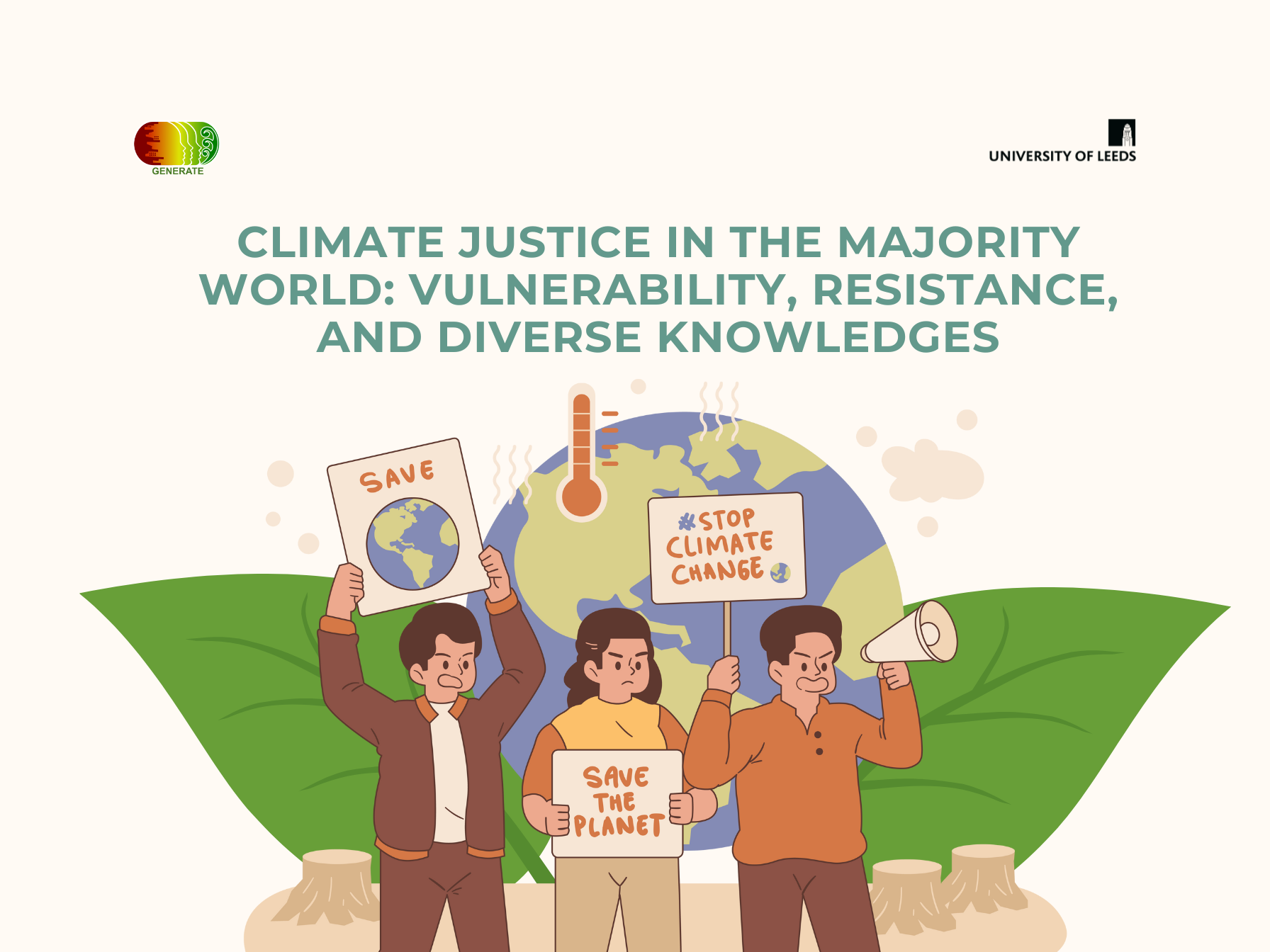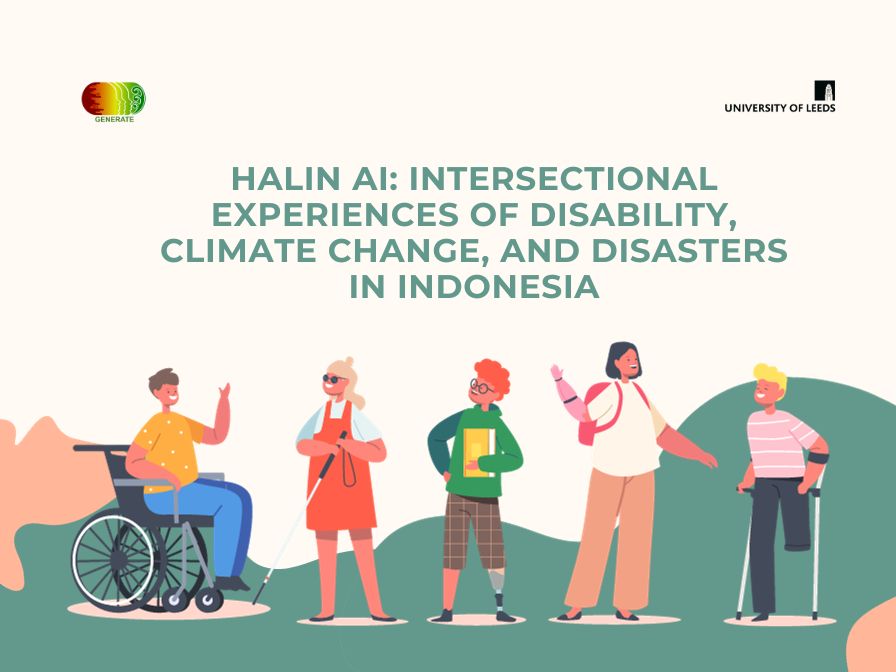
In this intervention, we call for extending the critical lens of intersectionality to the field of climate justice. We do so by identifying the theoretical and methodological links through which intersectionality can benefit climate change studies. These include common roots in radical theory, a focus on marginalized populations, challenging dominant epistemologies and ontologies, similar strategies for pursuing social justice, de-emphasizing of positivist methodologies, while at the same time deploying similar research methods, embracing cross-scalar and spatio-temporal analysis, and strong emphasis on interdisciplinarity and cross-sectoral alliances. We conclude with a number of potential questions to inform future research on these linkages and to encourage fellow scholars to consider what we see as an indispensable theoretical and methodological synergy of intersectionality and climate justice for a more equitable present and future.



